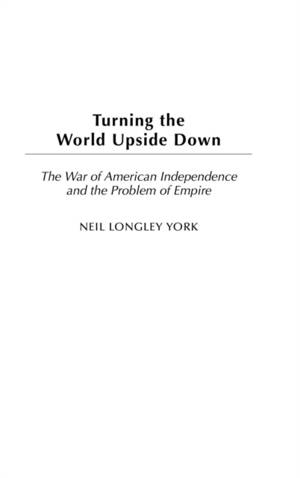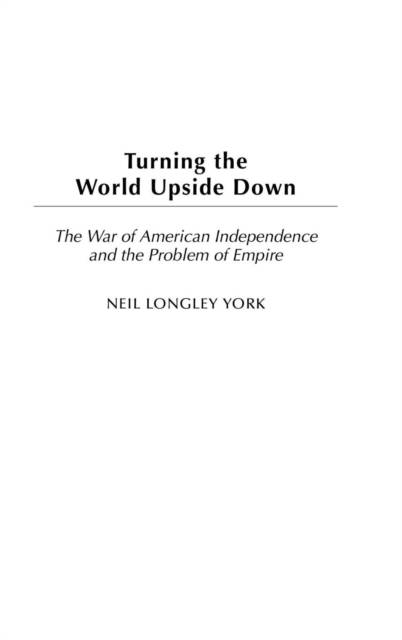
- Afhalen na 1 uur in een winkel met voorraad
- Gratis thuislevering in België vanaf € 30
- Ruim aanbod met 7 miljoen producten
- Afhalen na 1 uur in een winkel met voorraad
- Gratis thuislevering in België vanaf € 30
- Ruim aanbod met 7 miljoen producten
Omschrijving
York illustrates how Revolutionary Americans founded an empire as well as a nation, and how they saw the two as inseparable. While they had rejected Britain and denounced power politics, they would engage in realpolitik and mimic Britain as they built their empire of liberty. England had become Great Britain as an imperial nation, and Britons believed that their empire promised much to all fortunate enough to be part of it. Colonial Americans shared that belief and sense of pride. But as clashing interests and changing identities put them at odds with the prevailing view in London, dissident colonists displaced Anglo-American exceptionalism with their own sense of place and purpose, an American vision of manifest destiny.
Revolutionary Americans wanted to believe that creating a new nation meant that they had left behind the old problems of empire. What they discovered was that the basic problems of empire unavoidably came with them into the new union. They too found it difficult to build a union in the midst of rival interests and competing ideologies. Ironically, they learned that they could only succeed by aping the balance of power politics used by Britain that they had only recently decried.Specificaties
Betrokkenen
- Auteur(s):
- Uitgeverij:
Inhoud
- Aantal bladzijden:
- 208
- Taal:
- Engels
- Reeks:
Eigenschappen
- Productcode (EAN):
- 9780275976934
- Verschijningsdatum:
- 30/09/2003
- Uitvoering:
- Hardcover
- Formaat:
- Genaaid
- Afmetingen:
- 161 mm x 242 mm
- Gewicht:
- 453 g

Alleen bij Standaard Boekhandel
Beoordelingen
We publiceren alleen reviews die voldoen aan de voorwaarden voor reviews. Bekijk onze voorwaarden voor reviews.











